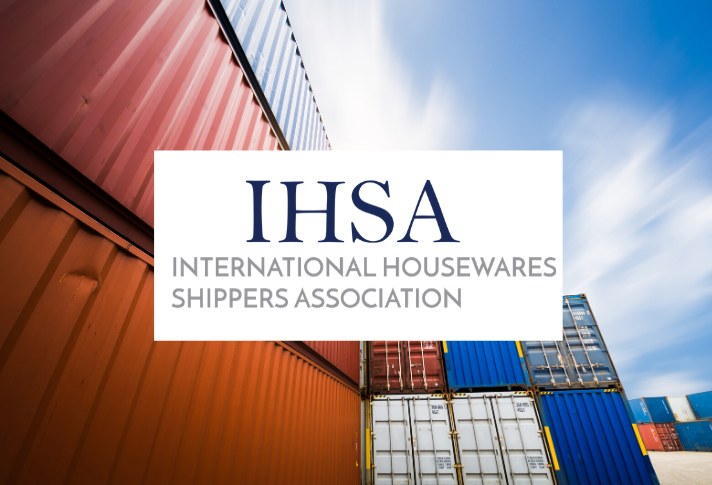Contract negotiations between the Pacific Maritime Association (PMA) and the International Longshore and Warehouse Union (ILWU) ports remain at a standstill. After 10 months of negotiations, there has been very little progress in resolving key issues such as automation and wages.
The PMA recently called out the ILWU for intentional work slowdowns causing delays at the ports of Los Angeles and Long Beach. Shippers have grown tired of the inability of both sides to come to an agreement. Shippers want to move their containers without the fear of a potential lockout or strike.
Shippers began diverting cargo away from West Coast ports in May 2022. The diversions continued as it became apparent that the PMA and ILWU were in no hurry to finalize a contract. Some shippers have been able to adjust their supply chains on a permanent basis. This allows them to abandon West Coast ports altogether and use East Coast and Gulf Coast ports exclusively. The majority of shippers do not have the luxury of bypassing West Coast ports. Importing containers through West Coast ports remains an integral piece of U.S. supply chain strategies.
The uncertainty of a potential strike or lockout will continue to cause service issues for shippers. Carriers have witnessed the shift of cargo away from West Coast ports. They have reacted by cancelling sailings and removing services scheduled over West Coast ports. U.S. importers and exporters that utilize West Coast ports have substantially fewer shipping options than a year ago.
A coalition of shipping groups requested that the White House get involved in the negotiation process. Demand is projected to start increasing in the 3rd quarter coinciding with the traditional peak shipping season. If the White House is unable to help facilitate a contract, shippers should expect continued service disruptions at the terminals when moving cargo through West Coast ports.



